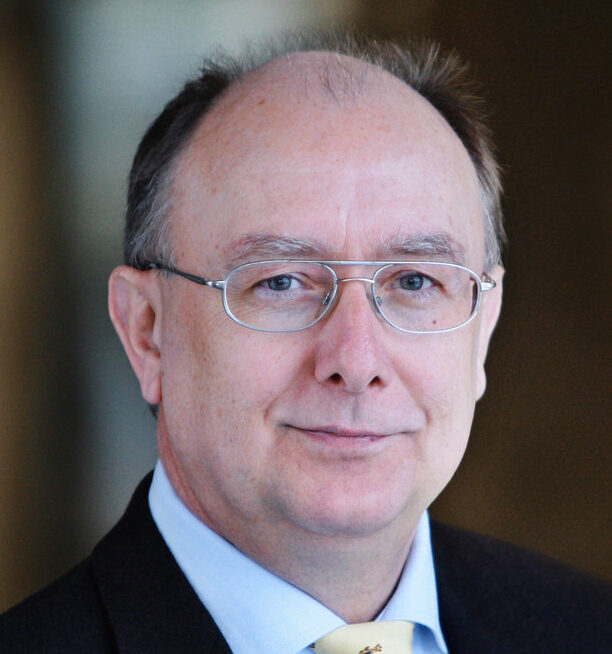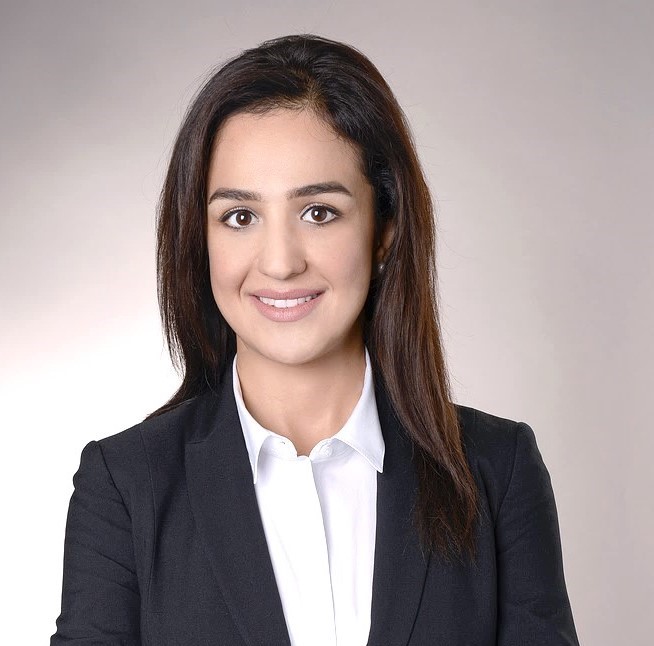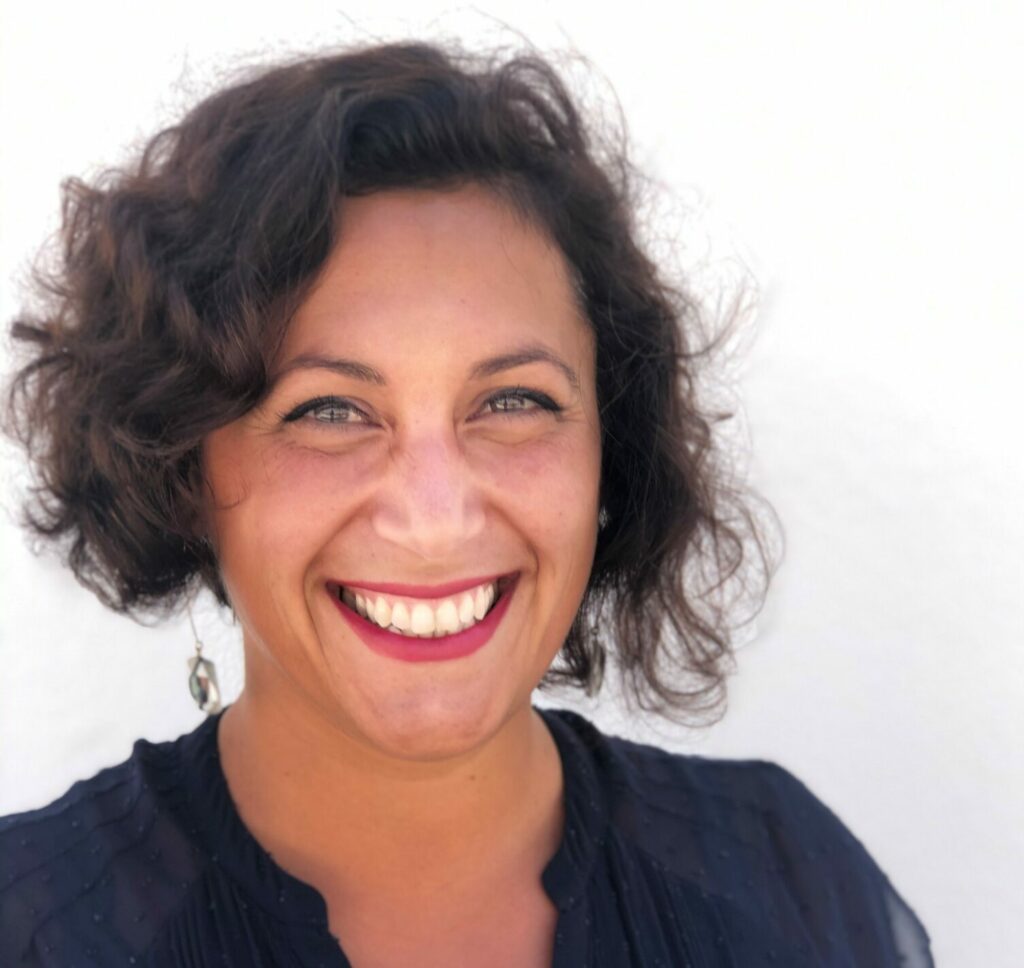Speakers 2021

Wieland B. Huttner
Emeritus Founding Director I MPI of Molecular Cell Biology and Genetics
How to be Innovative in Science?
Wieland B. Huttner studied medicine at the University of Hamburg and the University of Oxford from 1969 to 1975. He received his doctorate in Hamburg in 1976. He was then a postdoctoral fellow at the Max Planck Institute for Experimental Medicine in Göttingen and Yale University in New Haven (Connecticut/USA) from 1976 to 1980. He was then a junior research group leader at the Max Planck Institute for Psychiatry in Munich from 1981 to 1985. In 1985, he habilitated in physiological chemistry at the University of Würzburg. He became group leader at the European Molecular Biology Laboratory in Heidelberg in 1991 and a university lecturer at the University of Heidelberg. Since 1998, he has been a Director and Scientific Member at the Max Planck Institute of Molecular Cell Biology and Genetics and an Honorary Professor of Neurobiology at the TU Dresden. From 2009 to 2012, he was Chairman of the Scientific Council of the Max Planck Society.
More info about the talk: here.

Sara Schelp studied physics and obtained her Ph.D. in the area of micro-and nanotechnology at the National University of Singapore. Subsequently, she worked as a postdoctoral fellow and project leader at the Singapore Synchrotron Light Source and later at the Max Planck Institute of Microstructure Physics. During this time, she has leaded various international multidisciplinary projects.
Sara is currently a science manager at the Head Office of the Deutsche Forschungsgemeinschaft (German Research Foundation). She handles scientific instrumentation proposals, among others, in the area of micro- and nanotechnology, vacuum technology and medical radiation diagnosis, and research grant submissions in the area of Medical Physics.

Amani completed her Ph.D. studies in Developmental Biology at the Max-Planck Institute in Dresden, Germany. Today, she is applying 16 years of experience as a scientist and educator to train, coach, and empower researchers in achieving their career goals.
She founded her own company in 2019, Success Beyond The Lab, which offers career coaching and training, specifically designed to support Ph.D. candidates, postdocs, and other scientists to launch successful careers. She is also a coach and trainer at the Planck Academy, part of the Max-Planck Society’s training platform.

Elisabeth Steib studied communication design. Even during her studies, she was interested in the content of a project at least as much as in layout and design. After gaining initial work experience in the advertising industry, she joined kurzgesagt in 2016 as a researcher and scriptwriter. Meanwhile, she heads the editorial department as Head of Research and Text.
Kurzgesagt – German for „In a nutshell“ is a Munich-based YouTube channel and design studio with a unique perspective on design, color, and storytelling. We engage in information design projects of all kinds but are best known for our distinctive animation videos. We want our work to raise awareness for topics from the fields of science, space, technology, biology, history, and philosophy. Our goal is to inspire people to learn – and we believe humor and a good story to tell are just as important as straight facts.

Daniel Haun
Director I MPI for Evolutionary Anthropology
Six pieces of unsolicited advice for scientists leading other scientists
Daniel Haun, born in 1977 in Bad Kreuznach, Germany, studied Experimental Psychology in Germany, the United States, and England. He received his Ph.D. at the Max Planck Institute for Psycholinguistics and spent his postdoctoral studies focusing on spatial and social cognition in non-human great apes and children at the Max Planck Institute for Evolutionary Anthropology. From 2007 to 2008 Haun was a Lecturer of Psychology at the University of Portsmouth before directing the Max Planck Research Group for Comparative Cognitive Anthropology, from 2008 to 2013. He was Professor of Developmental Psychology at the University of Jena from 2014 to 2015. Between 2015 and 2019 he served Leipzig University as Professor of Early Child Development and Culture and as the founding Director of the Leipzig Research Center for Early Child Development. In 2019 he accepted a position as director of the new Department of Comparative Cultural Psychology at the Max Planck Institute for Evolutionary Anthropology and as Professor for Comparative Cultural Psychology at Leipzig University. He is the current Managing Director of the Max Planck Institute for Evolutionary Anthropology.
